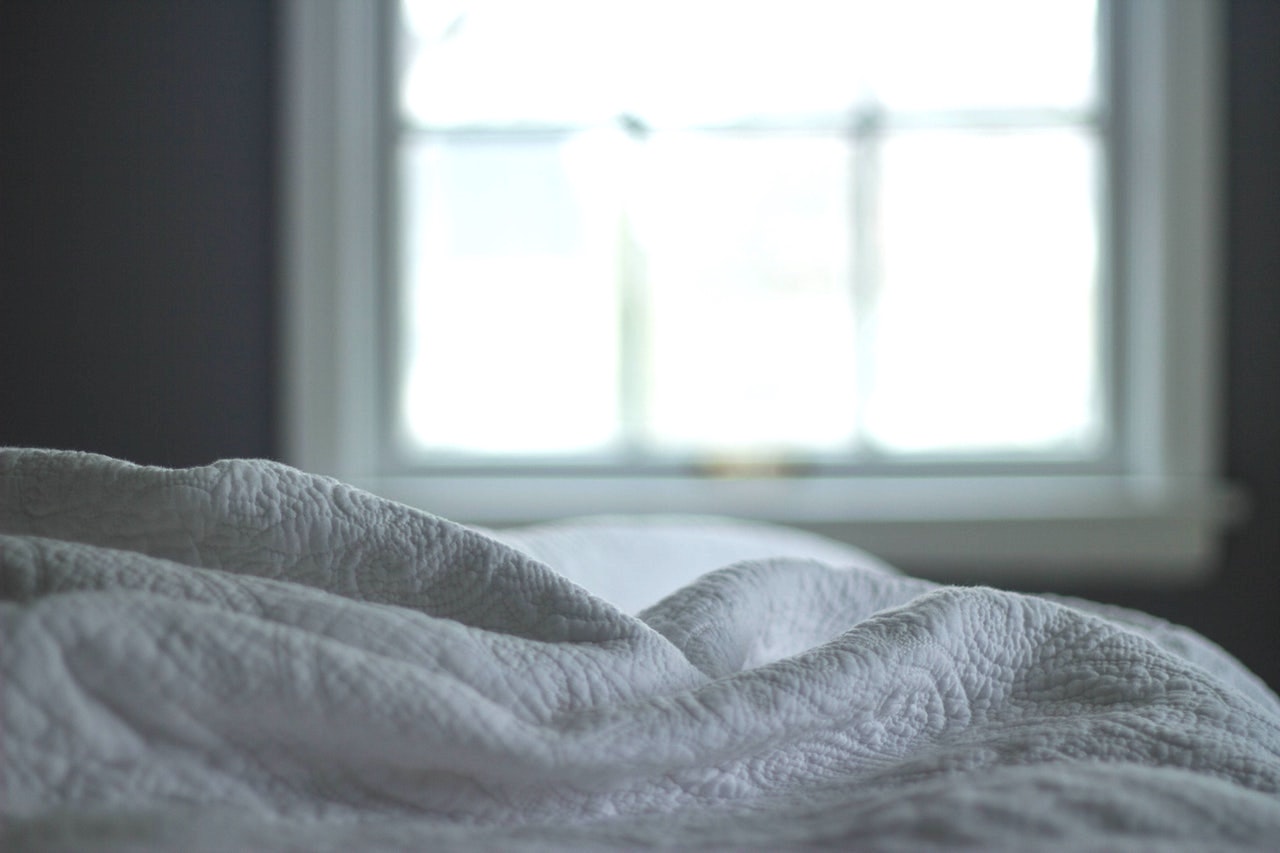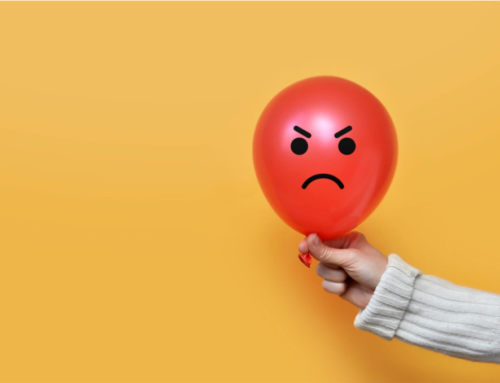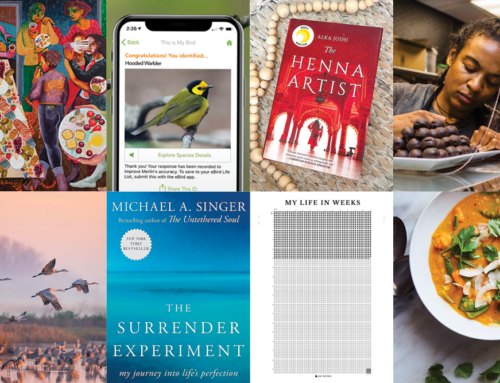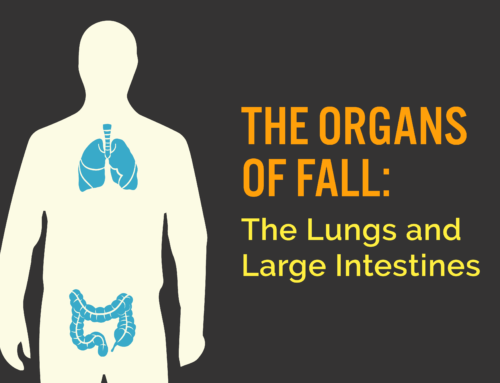Photo by Kristin Vogt from Pexels
When you show up for your acupuncture appointment, your practitioner will frequently ask about the quality and pattern of your sleep – it’s so relevant to making a diagnosis and it helps us understand how “full your gas tank” is in terms of your sleep deficit and overall energy level. More and more frequently these days, I notice many patients noting that they are waking up earlier than they’d like to – anywhere from 4-6am. Usually a little problem solving is required to improve sleep later into the morning, so that you can start your day with more rest.
Set your environment.
There’s been a lot of conversation about sleep hygiene and avoiding artificial light late in the evening because it stimulates the parts of the brain and eyes that keep us wakeful. The same thing can be said for early mornings in the summer, when light enters bedroom windows extra early and at a sharper angle. Even though it’s beautiful outside, it might be time to be extra vigilant about using your blackout curtains, eye cover, and/or re-orienting your sleeping space so that you aren’t getting woken up by the first light. Often bedrooms (especially in Baltimore townhouses!) are designed to let in maximum light, but you might want to rethink that in the height of summer sunshine. Also consider the noise environment that can come with early summer mornings: birds, yard and road work, screaming children. It’s a great call to have earplugs or noise cancelling headphones at the ready for when the early morning sounds start.
Mind your consumption.
With strong early morning light stimulating our hippocampi and hypothalami (love using the plurals of those words!) and causing the wake response at an unwanted time, it’s important to manage what we put into our bodies to minimize the early waking. Consider limiting caffeine, even if you drink it early in the day. You might also want to experiment with limiting sugar, chocolate, and even non-sweet foods too late at night, because this can disrupt sleep quality. It can be hard to avoid eating dinner late in the evening when it gets dark at 9pm, but it’s a good habit to keep going through from the shorter days of winter. In the same way that you want to limit your blue/artificial light exposure after sundown, you can try to get some natural light as it dims. Taking an evening walk or sitting on the porch for the sunset, then coming back into the house in low light and avoiding screens can help the body get ready for sleep.
Practice Active Resting.
If you do wake up early and can’t get back to sleep even with your eyes covered and sounds minimized, cut your losses and do some active resting to keep your mind at ease and your body restoring itself for the day ahead. This can include a number of different activities and is flexible around what your needs are. Feeling anxious? Try a yoga nidra session or guided meditation. Feeling stiff? Try a supported resting posture, like this release for the psoas muscle. Want to learn more about sleep in general? Check out this podcast. Or, the early morning might be the perfect time to pop onto jane.com and book your next acupuncture visit….
References:
T A Bedrosian and R J Nelson. Timing of light exposure affects mood and brain circuits. Transl Psychiatry. 2017 Jan; 7(1): e1017. https://www.ncbi.nlm.nih.gov/pmc/articles/PMC5299389/





